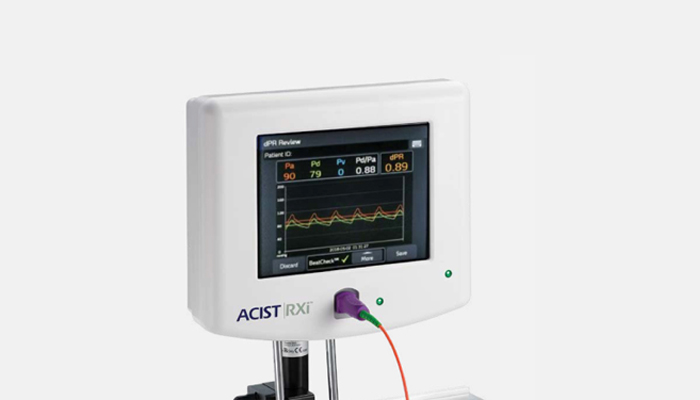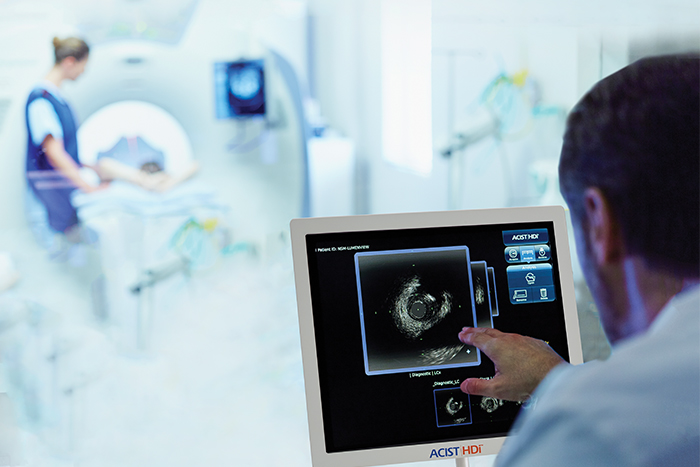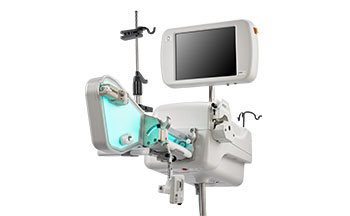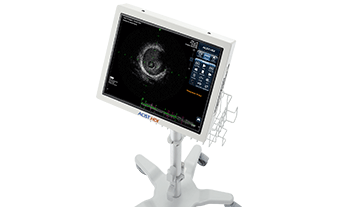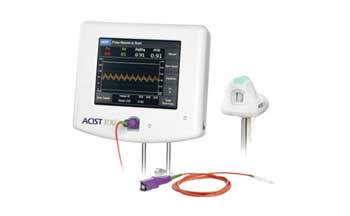Stability, Agility, and Durability are Here
New transducer arms are now available for the ACIST® CVi® Contrast Delivery System. Please connect with your sales representative for more information.
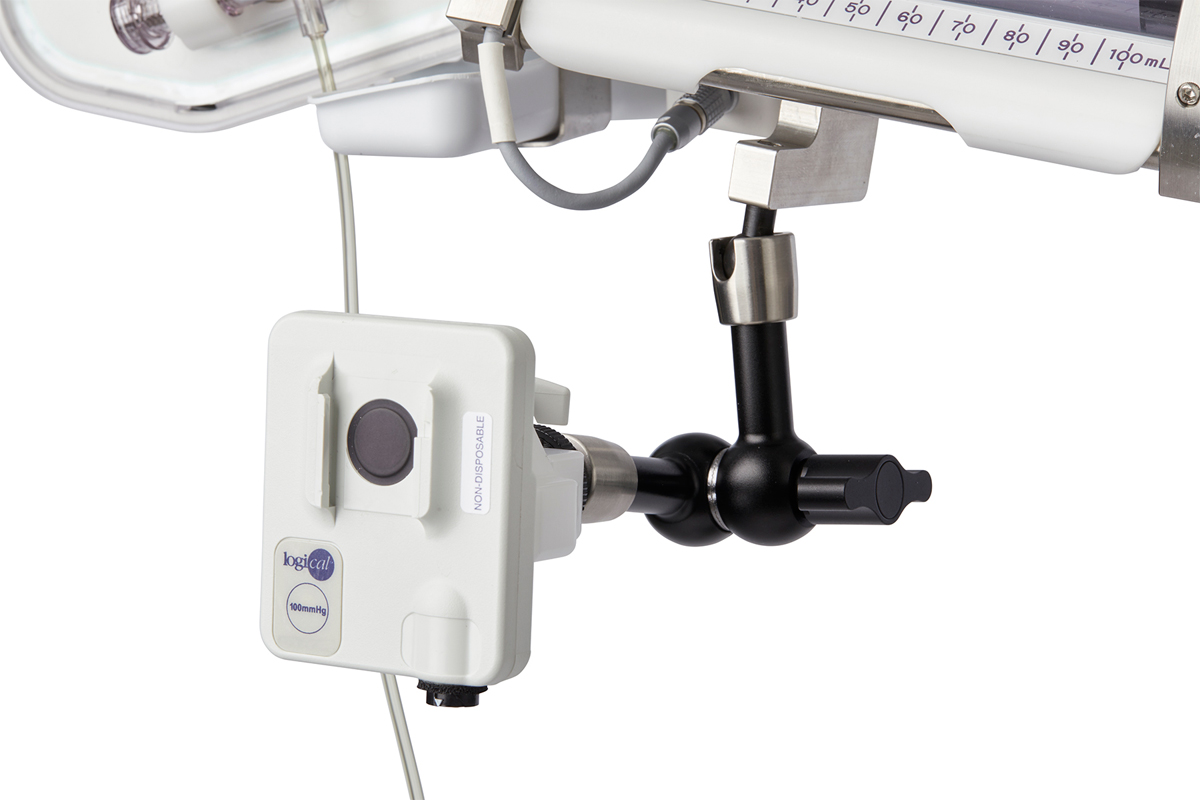
Stability, Agility, and Durability are Here
New transducer arms are now available for the ACIST® CVi® Contrast Delivery System. Please connect with your sales representative for more information.
